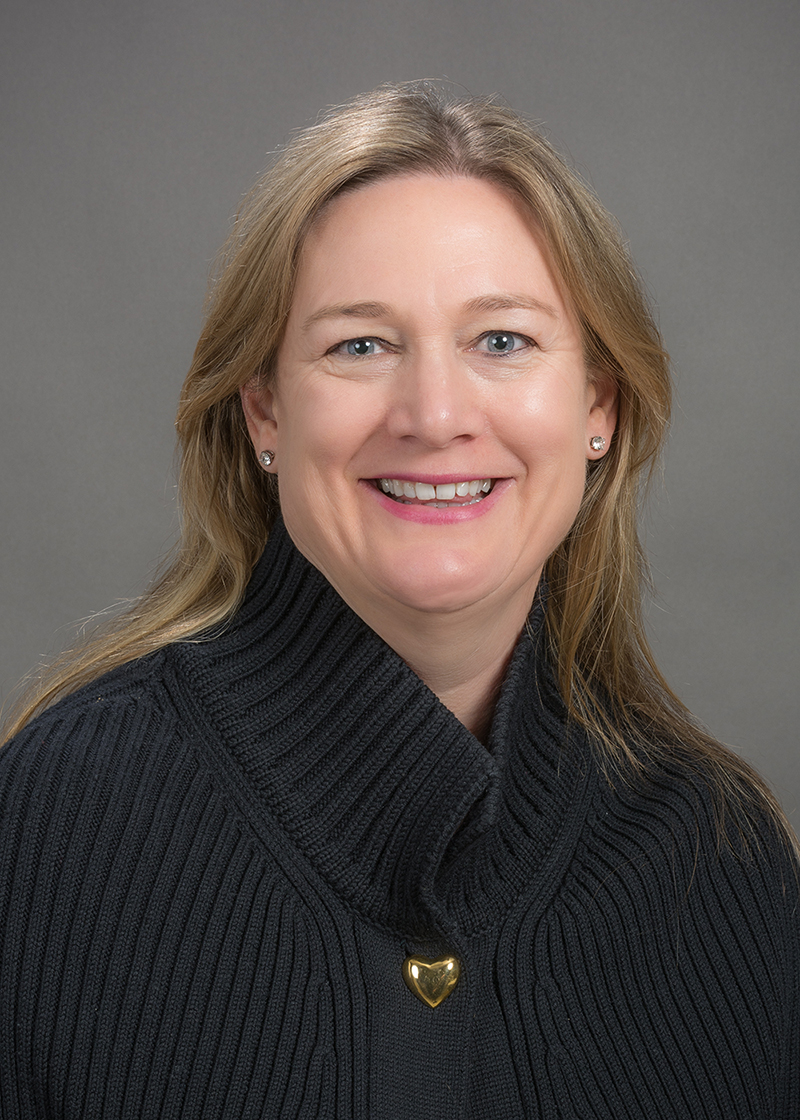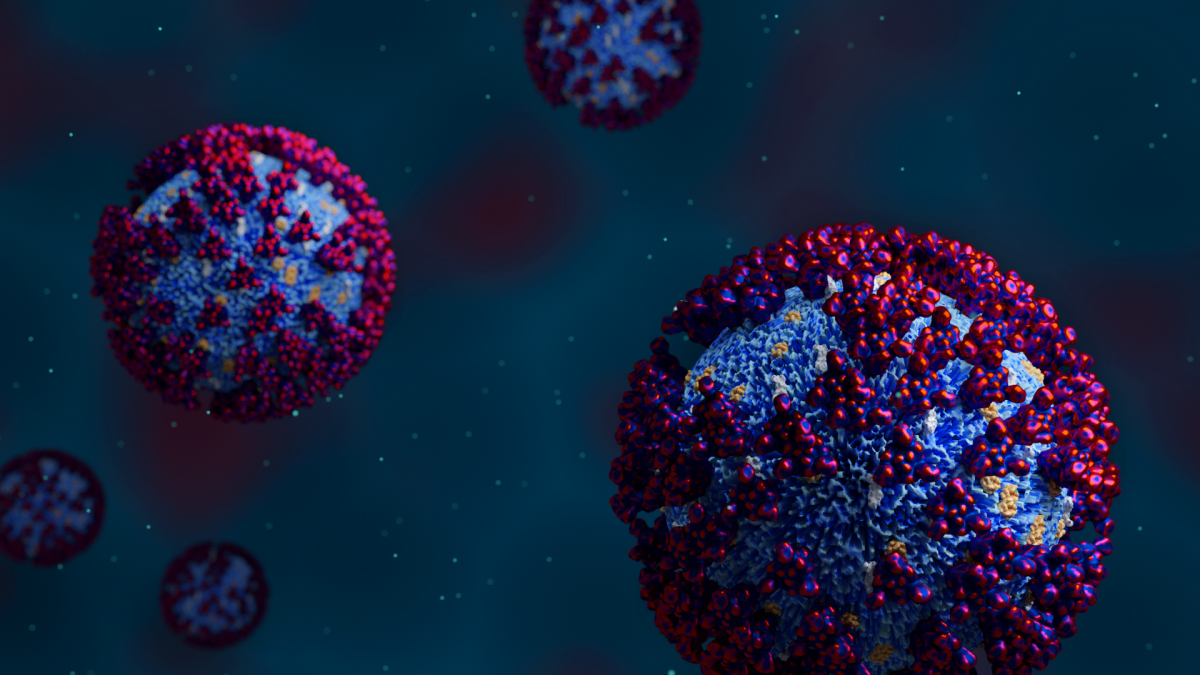As UC San Diego is one of the top public schools in the country, receiving admission to and completing any program there is a major achievement. However, some students pursue even more accolades on top of their degree: a departmental honors distinction.
Honors programs allow students to further their education by encouraging the pursuit of research or the production of creative work, opportunities akin to graduate programs. Though the exact requirements vary by major, the departmental honors programs at UCSD culminate in a long paper and a presentation on the work completed during the program.
Because honors programs are departmental, their exact structure varies based on the major.
Sixth College senior Farhad Taraporevala majors in physics and explained that his honors thesis consists solely of lab research, a paper, and a presentation. Because he was already pursuing an individual research project at his condensed matter lab, taking on the honors thesis didn’t change much for him.
“I read about the honors thesis and was like, ‘Sure, why not? It’ll prepare me for a PhD, and it’ll look good on my applications.’ So I started doing it,” he said.
The appeal of preparing for graduate school, both through learning academic skills and boosting application quality, was a major factor in Taraporevala’s decision to pursue the honors program.
Kara Serafin, a junior clinical psychology major in Sixth College, shared her desire to tackle a hands-on learning opportunity.
“Even if I’m not necessarily planning on fully going into research or academia for my career, I thought I did want to get some research experience,” Serafin explained. She wanted to take the opportunity to try research and “rule it out” as a possibility for a future career.
Serafin also noted the appeal of the honors program as a way to fulfill both the research requirement for her Bachelor of Science degree and the Sixth College Experiential Learning requirement.
Unlike the physics program, however, Serafin’s psychology-based honors program is a five-quarter-long commitment, including several requisite classes.
The psychology honors thesis begins in the winter quarter of the student’s junior year and continues throughout the rest of their time at UCSD. Students enroll in classes about ongoing labs and research methods in junior year. Then, they conduct research during senior year, culminating in a paper and presentation on their discoveries.
Serafin noted that while psychology students may be able to research in a field of their choice, it’s unlikely that they’ll be able to pursue the exact subject they want. Students may need to modify their experiment to align with professors’ wishes.
Though Serafin herself is still early in the concept process, she hopes to pursue something in clinical psychology (her declared major) or in life improvement.
“That’s still very broad. But, I think, generally, how to live a happier, better life,” Serafin elaborated.
Honors programs typically connect students with faculty members to advise them. While Taraporevala relies on the professor running his lab, Serafin will need to contact a professor before the end of the school year and request for them to mentor her.
Serafin mentioned her hesitations about finding a faculty mentor.
“We had a panel of the honors students that are in the second year of the program that talked about their experience finding advisors and how their paths weren’t necessarily linear,” Serafin explained. She mentioned that the senior students shared they had to ask multiple professors, hear no’s, or be referred to another professor’s research.
“But like, that made me feel better because then I got a better idea about how the whole process works,” Serafin said.
Although Taraporevala mentioned he had little idea of who else in the physics department was pursuing a thesis, Serafin explained that the honors thesis became a way for her to meet other psychology majors.
“It’s been really fun meeting people that understand being a psychology major, I guess,” she said.
Taraporevala has gotten to know other people in his field: the people who work in his lab. He explained that he inherited his independent research from a master’s student who moved on from UCSD without completing his work.
“It was my first time really doing my own thing and having to struggle through,” he noted. “So, you know, it was tough sometimes.”
Not all honors theses reside in a lab. While many programs’ career-oriented academia focuses on experimentation, others are project-based, such as the media major’s portfolio or the literature major’s essay.
The honors thesis, across departments, pushes students to work in high-intensity environments that are often reserved for those pursuing education in graduate school. Both interviewees mentioned that their programs were challenging but still worth it.
“I’d be working on trying to fix the same problem for like three weeks and trying so many things, and nothing was working,” Taraporevala explained. “But eventually, everything works out. You just have to keep working on it and persevering.”
Serafin offers a word of advice for anyone considering their major’s honors program: “I really encourage looking into the honors programs. Even if they do seem like a lot of work, you get out of it what you put in.”
Both Serafin and Taraporevala have a lot of work left before earning their distinction. Still, they both move forward in their research with hopeful confidence and determination.





















